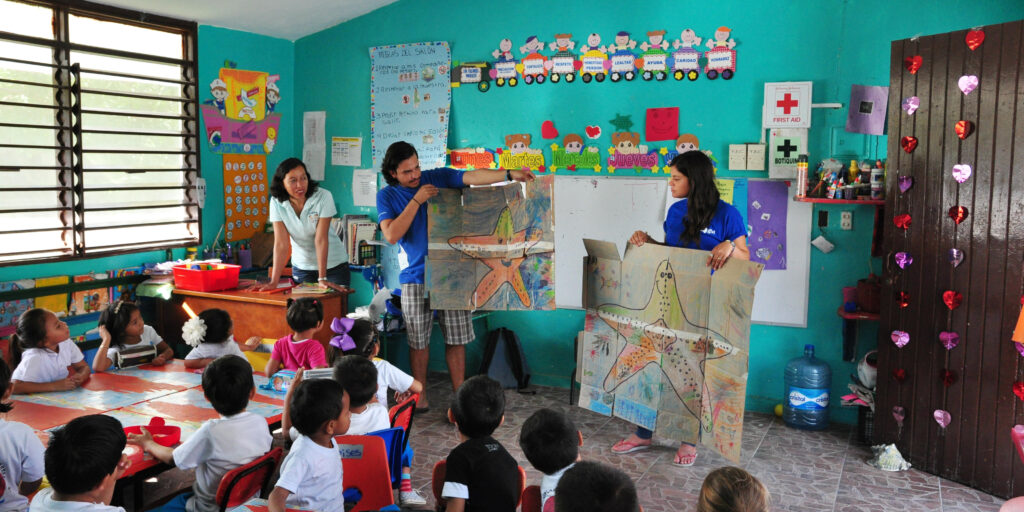
Importance of environmental education for children at an early age
January 4, 2024
Maria Montessori emphasized the importance of environmental education for children from an early age. The Montessori method places a strong emphasis on fostering a sense of responsibility and respect for the world around us. Several aspects of the Montessori approach contribute to instilling environmental consciousness in young learners:
-
Nature Education:
- Montessori schools often incorporate nature education, including activities like nature walks, gardening, and observing the natural world.
- Direct contact with nature allows children to develop a deep appreciation for the environment.
-
Practical Life Activities:
- Practical life activities in the Montessori curriculum often include caring for the environment.
- Children engage in tasks like watering plants, cleaning their surroundings, and organizing materials, instilling a sense of responsibility for their immediate environment.
-
Sensorial Materials:
- Sensorial materials, which focus on developing the senses, often include elements related to the natural world.
- Children explore and engage with materials that represent different textures, scents, and natural colors.
-
Outdoor Exploration:
- Montessori education recognizes the importance of outdoor play and exploration.
- Outdoor environments are considered an extension of the classroom, providing opportunities for children to connect with nature and learn about their surroundings.
-
Respect for All Living Things:
- Montessori education promotes a philosophy of respect for all living things.
- Children learn to treat animals, plants, and the environment with care and consideration.
-
Conservation and Sustainability:
- Montessori classrooms often integrate lessons on conservation and sustainability.
- Children are introduced to concepts like reducing, reusing, and recycling, encouraging environmentally responsible behaviors.
-
Global Awareness:
- Montessori education promotes a global perspective, helping children understand their interconnectedness with the wider world.
- Lessons may include discussions on different cultures, climates, and ecosystems, fostering a sense of global citizenship.
-
Modeling Sustainable Practices:
- Montessori educators model sustainable practices for children to observe and emulate.
- This includes using eco-friendly materials, conserving resources, and practicing environmentally conscious habits.
By integrating these principles into the Montessori curriculum, children not only learn about the environment but also develop a personal connection and responsibility toward caring for it. Montessori education aims to empower children with the knowledge and values needed to become stewards of the planet, fostering a lifelong commitment to environmental sustainability.


